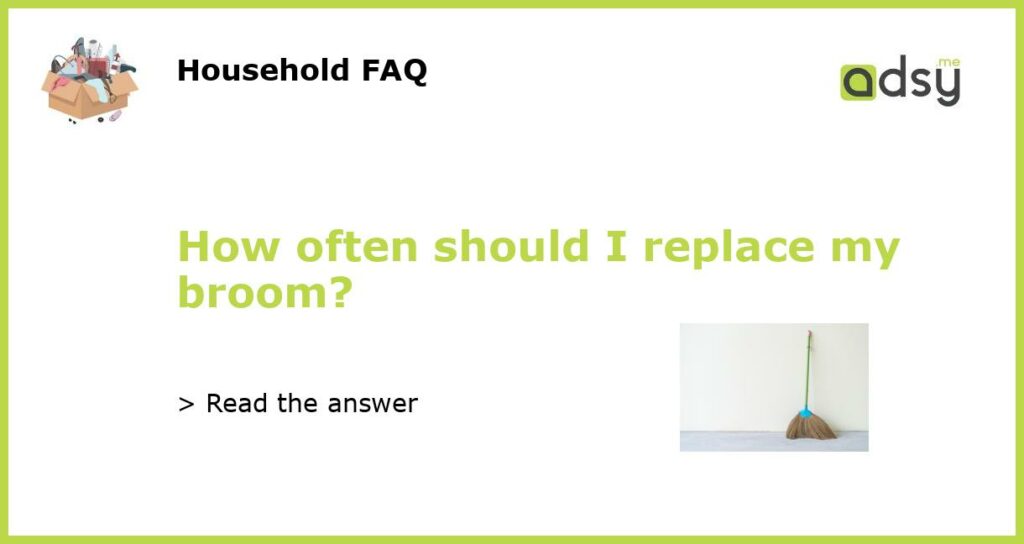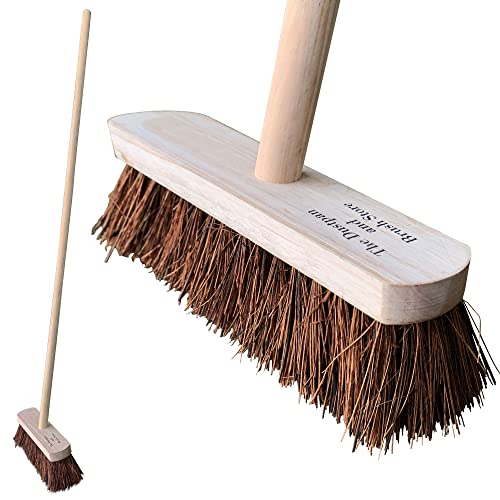How often should I replace my broom?
When it comes to cleaning, having the right tools is crucial. A broom is one of the basic cleaning tools that every household needs. However, like any other tool, brooms also have a lifespan. Eventually, they will lose their effectiveness and become less efficient at cleaning. But how often should you replace your broom?
Factors that affect a broom’s lifespan
The lifespan of a broom depends on several factors, including the type of bristles, the frequency of use, the type of surface being cleaned, and the amount of pressure applied while sweeping. A broom with synthetic bristles will generally last longer than one made of natural materials like straw or corn. Additionally, a broom that is used more frequently on rougher surfaces will wear out faster than one used on smoother surfaces.
Signs that your broom needs to be replaced
There are several signs that can indicate that your broom needs to be replaced. If the bristles are frayed, bent, or broken, then your broom is no longer as effective as it once was. Additionally, if the bristles are caked in dirt and dust, then the broom will no longer be efficient at cleaning. A broom that has lost its shape, for example, one that is bent or warped, will also become less effective at cleaning over time.
How often to replace your broom
On average, a broom should be replaced every 6-12 months, depending on usage. If you use your broom multiple times a day, then you may need to replace it more frequently, perhaps every 3-4 months. However, if you only use your broom occasionally, then it may last up to a year or more.
Tips for maintaining your broom
While the lifespan of a broom will vary depending on its usage and other factors, there are some things you can do to get the most out of your broom. Store your broom in a dry place where the bristles won’t become damp or moldy. Regularly clean the bristles to remove dirt and dust, which will help the broom remain efficient at cleaning. Finally, avoid standing on the bristles or using the broom to scrape or sweep up heavy objects, as this can damage the bristles and shorten their lifespan.






